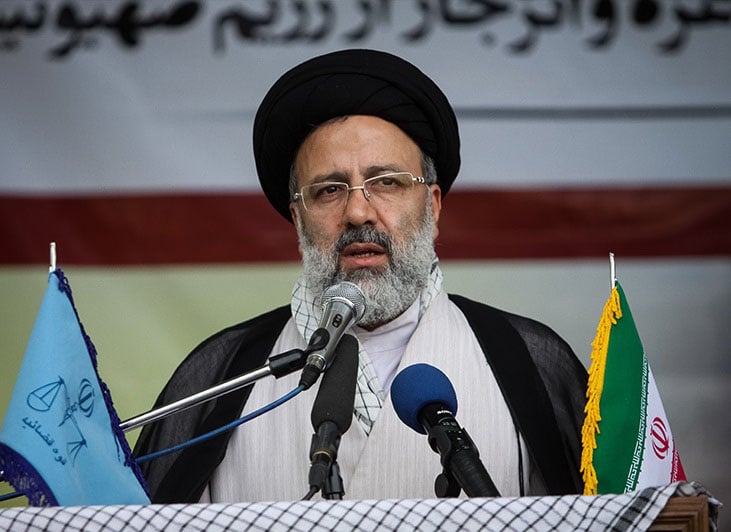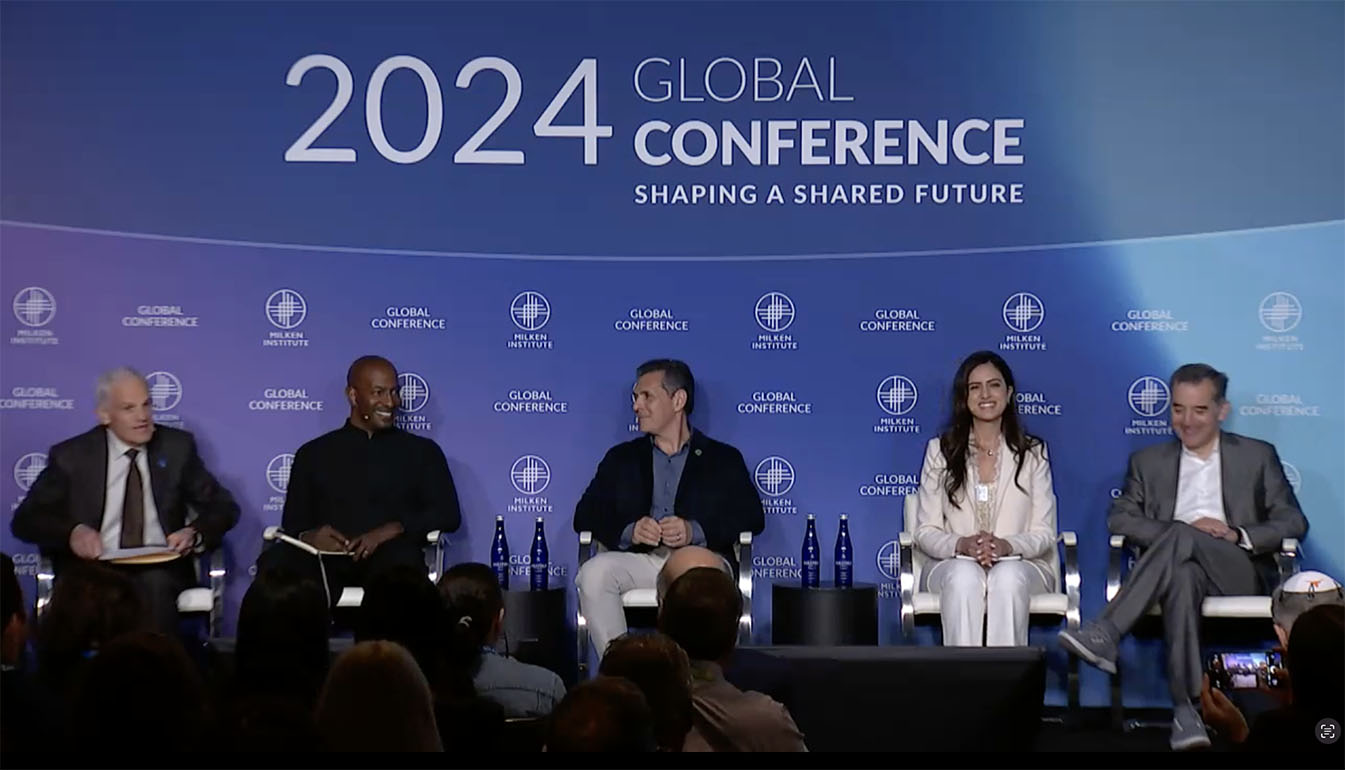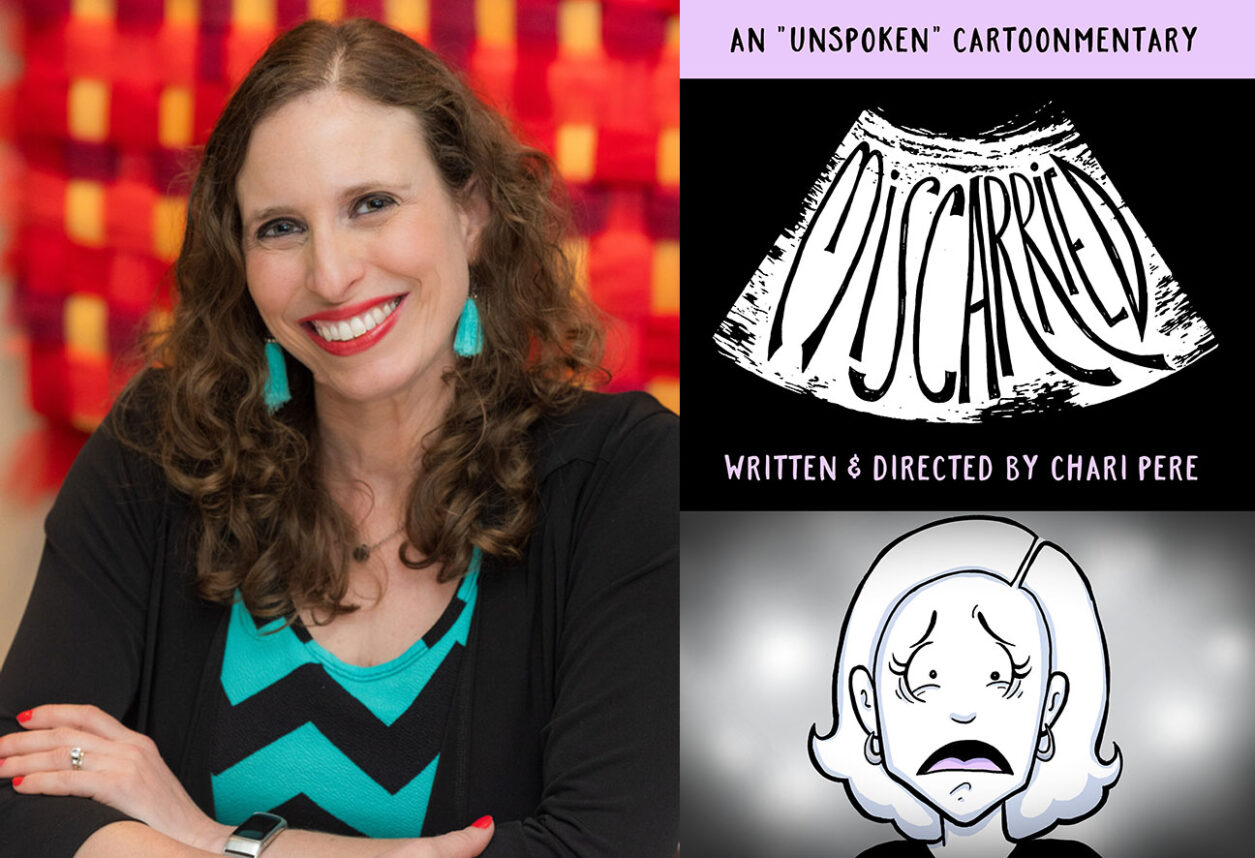 Ebrahim Raisi. (Hossein Razaqnejad/Nasim News Agency licensed under a Creative Commons Attribution 4.0 International License)
Ebrahim Raisi. (Hossein Razaqnejad/Nasim News Agency licensed under a Creative Commons Attribution 4.0 International License) In an interview recorded a week before his New York trip for the U.N. General Assembly, Iranian President Ebrahim Raisi cast doubt on the Holocaust. While Raisi was delivering his speech from the U.N. podium, protestors across Iran were on the streets denouncing the Islamic Republic for the regime’s murder of 22-year-old Mahsa Amini for not adhering to the country’s strict dress code. While diplomatic efforts, still far from resolution, continue on the sidelines of the UNGA – these outrageous developments are a grim reminder on the nature of the Iranian regime as its officials continue press for sanctions relief in exchange for a new nuclear deal.
As the CEO of ADL, the world’s leading anti-hate organization committed to fighting antisemitism and violent extremism, I feel strongly that any diplomatic engagement with the Islamic Republic of Iran must address the full range of Iranian aggressions. Simply put, in addition to being a source of extremism and instability across the Middle East and beyond, the Iranian regime is also the world’s leading state-sponsor of terrorism, antisemitism, and Holocaust denial. Tehran has not only carried out terrorist attacks targeting Jewish communities around the world from the Middle East to Latin America, but is also committed to a genocidal mission to wipe Israel “off the map.”
We must take all of Iran’s threats seriously. A flawed deal may provide Tehran and its terrorist proxies with leeway and funds to advance their aggressions and long-arm reach, which threatens people around the globe, including Jewish communities. We are particularly concerned that the deal will provide the Iranian regime, the Islamic Revolutionary Guard Corps (IRGC) and its terrorist proxies, namely Hezbollah, Hamas, Palestinian Islamic Jihad, and the Houthi militia in Yemen, not only tens of billions of dollars in funds but also the ability to procure more advanced equipment to take innocent lives.
ADL has long advocated for strong international action to address Iran’s full range of extremist policies, nuclear and non-nuclear, its state sponsorship of terrorism, worldwide propagation of antisemitism and Holocaust denial, and persecution of vulnerable minorities. The key obstacle to the Iranian regime’s ability to implement its murderous plots over the last four decades has been the U.S. commitment to push back legally, financially, diplomatically, and militarily, together with our allies and partners, including Israel. If not for robust American sanctions that severely undermine Tehran’s ability to fund its terror campaign and procure military and dual-use technologies and materiel, the regime’s victims list across the world would be much longer.
The Iranian regime continues to be the biggest threat to Jews globally. No advocacy toward combatting antisemitism can ignore or stay silent when the Iranian regime can leverage its nuclear weapons program to double down on its genocidal ambitions towards Jews and Israel. Even greater vigilance is necessary to push back against Tehran’s non-nuclear paths to advance its decades-long agenda of terrorism, intimidation and hate.
These steps should begin with rigorous monitoring, verification and enforcement measures to ensure that the Iranian regime cannot illicitly develop nuclear weapons, as it has attempted repeatedly in the past. Preventing Tehran’s genocidal ambitions should also extend to imposing iron-clad constraints on the regime’s nuclear-capable ballistic missile program. The IRGC and the network of companies it controls should enjoy no sanctions relief in any form or shape. This should include a robust enforcement of secondary sanctions.
The United States and its allies also need to target the Iranian regime’s soft power. This should begin with denying Iranian propaganda and incitement any access to Western airwaves, including stronger sanctions against the Islamic Republic of Iran Broadcasting (IRIB). We should also stand in solidarity with Iran’s pro-democracy people and support the country’s vulnerable ethnic, religious, gender, and sexual minorities against the Iranian regime’s brutal oppression.
Pushing back against Tehran’s soft power, however, is a task that cannot just be delegated to the U.S. government. As Iran is poised to exploit the new funds it expects to receive from the deal to intensify its intimidation and incitement campaign through Western social media outlets, tech companies have a moral responsibility to shut down Iranian propaganda on their platforms.
Make no mistake: A nuclear deal with Iran will not transform either the values or the goals of this genocidal regime that has usurped the Iranian people’s will for over four decades. Vigilance from the state to the private sector and from advocacy organizations to individuals, however, has and will continue to restrict Tehran’s ability to take lives, disseminate hate, and incite violence.
Jonathan A. Greenblatt is CEO and National Director of the Anti-Defamation League.





















 More news and opinions than at a Shabbat dinner, right in your inbox.
More news and opinions than at a Shabbat dinner, right in your inbox.